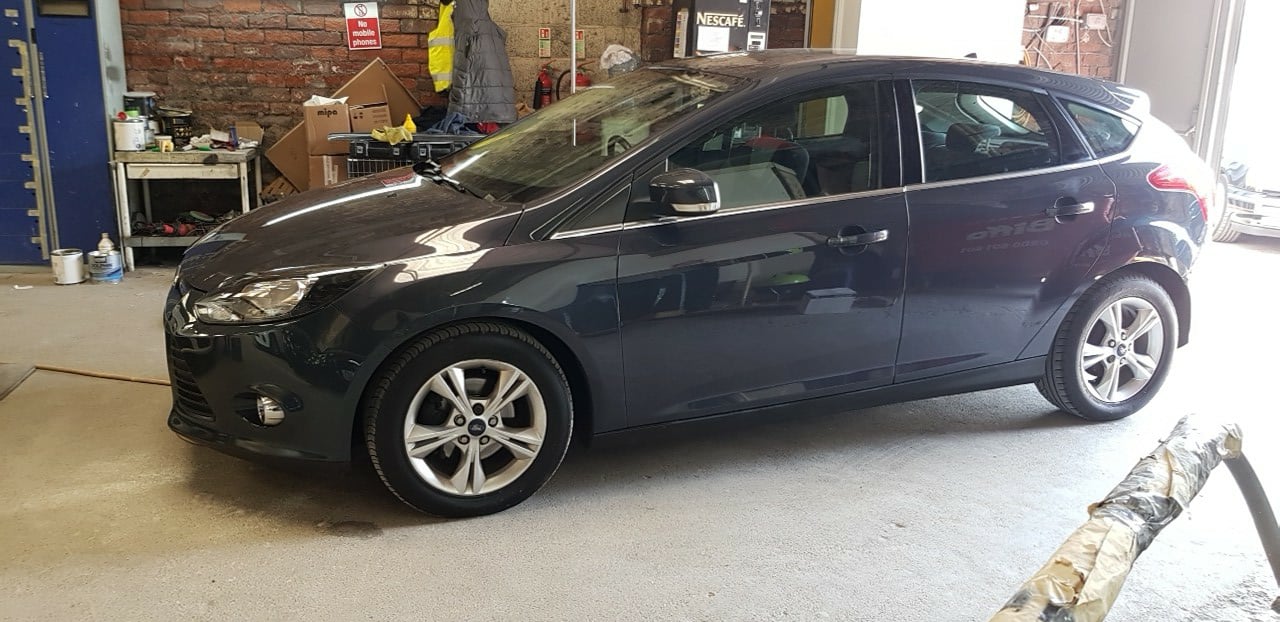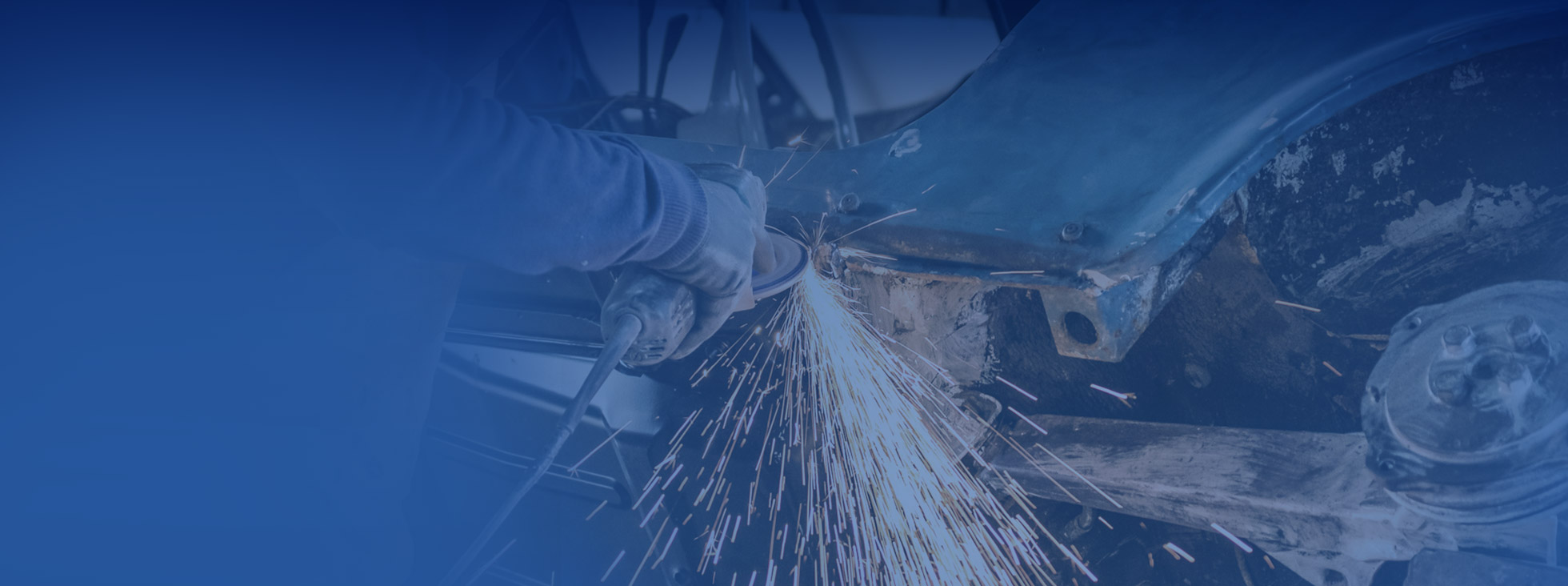
03 Jun How to ensure your car bodywork is long lasting
Many classic cars from 60 years ago have pristine, original bodywork. This isn’t a case of “they don’t make them like they used to,” it’s more a case of if you look after something it will last a very long time.
If you want to look after your pride and joy in the same way, pay special attention to its bodywork. This is the first thing people see, and it’s also the first thing to degrade (other than perishable items like tyres) on a car.
Here’s how to ensure your car bodywork is long-lasting:
Keep it clean
You don’t have to clean and detail your car every day to keep the bodywork in good condition. The paint’s clear coat is designed to put up with daily dirt and grime. There are some things to keep in mind though, because the clear coat isn’t impervious to damage or blemishing. Here’s our top 3 cleaning recommendations:
- Deal with birdlime immediately
If you discover birdlime on the paint, clean it off as soon as you can. The acidic properties of birdlime can eat away at clear coat and leave an unsightly blemish. Another way birdlime damages the paint is by changing the speed at which the paint cools. The paint around the deposit cools quicker than the paint under the deposit. This forces the paint to contract and harden at a different rate, leaving a deposit ‘perimeter’ mark.
- Think twice about using that clay bar
Got tar and traffic film all over your paintwork? Using a clay bar with a detergent as a lubricant is the best way to remove these contaminants. However, don’t go overboard with the clay. Clay bars do scratch paintwork, and this is plain to see after removal of the contaminants. You’ll find all sorts of scratches underneath. An alternative to a clay bar is a degreasing solvent. This softens tar/bitumen, allowing it to be wiped away.
- Don’t leave stone chips naked for too long
If you spot a stone chip on your bonnet, use a matching paint touch up stick to form a temporary barrier between the metal and elements. If you don’t, water can get underneath the paint and lift it from the surface. This makes the stone chip larger. Touch up pens or ‘sticks’ as they are often called are inexpensive and easy to use. The finish should last for at least 12-months, or over 2-years if you also use a primer.
Get it repaired properly
Whether you have a little scrape against your garden wall or somebody runs into the back of you at a roundabout, it’s always important to get a proper bodywork repair.
If you go through your insurance, insist on a repair centre with good reviews. If you choose to get the repair done out of your own pocket, always assess the shop’s reputation.
Repairing bodywork can be a complex job, and it is remarkable what a competent body shop can do with even the most twisted bumpers and badly scratched paint. However, just because a repair looks good that doesn’t mean it’ll last. Here’s our top 3 recommendations for choosing the right body shop to repair your car’s bodywork:
- Insist on experience
You can’t teach experience. It’s something earned. A competent body shop will look at damaged bodywork and form an immediate opinion. They will touch the body work, look at it under a few different light sources if needed, and recommend the right repair. A case in point – an inexperienced body shop might insist you need a new front bumper, when all it needs is sanding, filling, priming and painting by an expert.
- Insist on the best materials
It is absolutely essential that any paintwork you have carried out makes use of the best materials. The paint should also be colour matched to your car from its VIN number. If it isn’t a perfect match, you will notice it. Branded materials are a must. Ideally, the body shop will use the same paint that the manufacturer uses (car manufacturers don’t typically make their own paints – they buy them in from a third party).
- Always ask about the guarantee
Body shops should always guarantee their work. Typically, this is for a minimum of 12-months and protects the finish from defects arising from faulty workmanship. An additional warranty is also usually provided by the paint manufacturer. This offers protection from faults arising from faulty materials. The two guarantees work together to offer complete peace of mind. Always ask about them when you contact a body shop.


No Comments